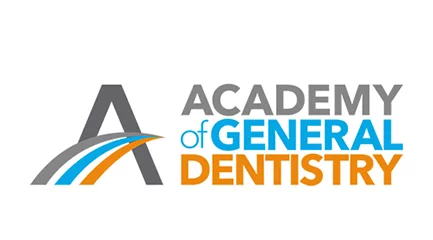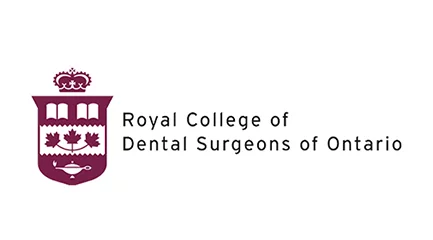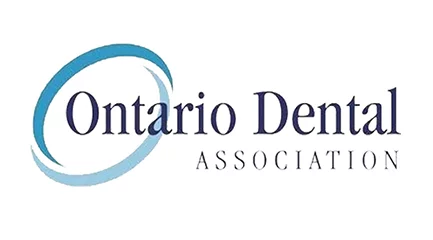Exams are among the most popular methods to test what a student has learned. Although written exams are common to most, another important technique is the oral exam.
Instead of writing their answers on a piece of paper, students talk directly to the test-taker. This kind of test is offered in universities, schools as well as professional training programs all over all over the world.
In this article we’ll take a look at what oral exams are, its challenges, why it’s useful and the best way to prepare for them.
WHAT ARE ORAL EXAMINATIONS?
Exams that are oral in nature, where you are asked to answer questions through speaking in lieu of writing. The test is conducted in direct contact with an examiner or teacher to present the knowledge you’ve gained.
The tests can be conducted in person, such as in the school, or on the internet via video calls. They are often utilized in college classrooms as well as job interviews to test your abilities and knowledge.
When you take an oral test in an oral examination, you may be asked to describe the subject, answer questions, or even discuss ideas. For instance an instructor might require you to discuss an historical topic or work through the problem in front of others. The exams will focus on how well you are able to communicate your thoughts in a clear manner.
WHY ARE ORAL EXAMINATIONS USEFUL?
Exams conducted by oral examinations are a good way to test your aspects.
They examine your ability to communicate clearly. In daily life, expressing your ideas clearly is crucial regardless of whether you’re working or just chatting with your colleagues. These tests help you develop this ability.
Another advantage is that they reveal how well you understand. When you take written tests, it is possible that you could be asked to remember answers, while oral tests require you to explain the subject in your own terms. This allows teachers to determine how well you understand the subject.
For those who struggle with writing or difficulty, oral exams are an ideal way to demonstrate what they are able to do. Some students have trouble writing essays, but excel in their speaking. These tests give them the chance to succeed.
Additionally, oral exams feel as if they are a dialogue rather than an exam. This makes you feel less anxious when you sit with the test in a quiet space. Conversation with the examiner may make you feel more comfortable and relaxed.
CHALLENGES OF ORAL EXAMINATIONS:
Although oral exams are beneficial, they can be difficult. The most significant issue is being anxious. Being in front of your instructor or an examiner could make you nervous or anxious. If you’re anxious it’s possible that you’ll forget important details or have trouble remembering to express what you’re thinking of saying.
Another issue is that oral exams are based on your speaking abilities. If you’re not confident in speaking or even if English isn’t your primary language, you may be struggling, even if you are familiar with the subject.
Contrary to written tests, oral tests don’t allow you ample chance to consider. When you take a written test you have time to think about your answer. However, in an oral test you must answer rapidly, which may be difficult for some.
Fairness is another issue. On written tests, everyone receives the same set of questions. However, in oral exams the examiner may pose different questions or behave differently with different students. This could cause the test to appear less fair.
HOW TO SUCCEED IN ORAL EXAMINATIONS?
If you’re facing an oral exam coming up Don’t fret! Here are a few simple suggestions to help you pass the best you can:
- Practice Speaking: The more you work on it and improve your speaking skills, the better you’ll feel. Consider discussing your study subjects in front of a family member, friend or even yourself in front of the mirror. This can help you feel more confident in explaining concepts.
- Study well: Understand your subjects thoroughly, so that you are prepared to answer any questions. Concentrate on understanding the fundamental concepts, not just remembering facts. For oral examinations, speaking about the concepts in your own language is essential.
- Keep calm: If you are feeling nervous then take some deep breaths prior to taking the exam. Keep in mind that the examiner only wants to know your knowledge. Remaining calm will help you focus your thoughts.
- Pay close attention to the questions of the examiner. If you aren’t sure what they’re asking, it is fine to request them to repeat it or clarify. This indicates that you’re trying to provide a satisfactory answer.
- Organize Your Answers: When speaking, try to keep your words clear and organized. Begin with the primary idea, and then you can add more specifics. This makes the answer easy to follow.
- Do practice tests You can ask an instructor, a student, or friend to practice an oral test together with you. They may ask questions and you can test your answers out in front of them. This helps make the actual test seem less intimidating.
TIPS FOR TEACHERS USING ORAL EXAMINATIONS:
Teachers preparing to conduct oral exams have a few points to consider. First, ensure that your questions are fair and clear to all students. Inquire about questions that will allow them to demonstrate their knowledge without being overly difficult.
Set up a welcoming environment. If students are relaxed, they’ll be more successful. Make them aware that it’s acceptable to be able to take a moment of reflection before deciding.
If your students aren’t very good when speaking, give them assistance. They can work in small groups, or offer them advice to improve their communication skills.
Consider how you’ll score the test. Do you concentrate solely on their skills, or do you consider speaking abilities as well? Be sure that your students are aware of what you’re expecting them to do so they are prepared.
FINAL THOUGHTS:
Oral exams are an excellent opportunity to test your abilities to communicate and the knowledge. Students can communicate their knowledge in a natural conversational manner. Although they aren’t easy, practice and preparation can make it easier for anyone to succeed. For teachers, taking oral exams in a controlled manner will help students to learn more and have more confidence.
If you’re a student, or teacher, knowing the positive and difficult aspects of oral exams can help you make them a pleasant experience.











